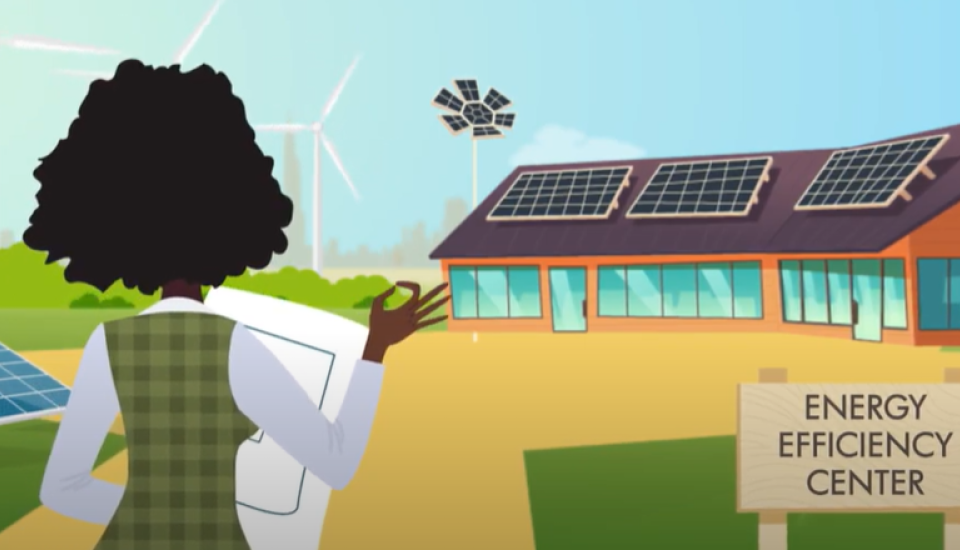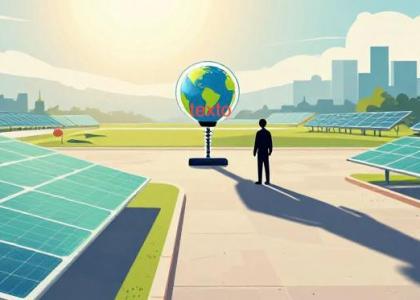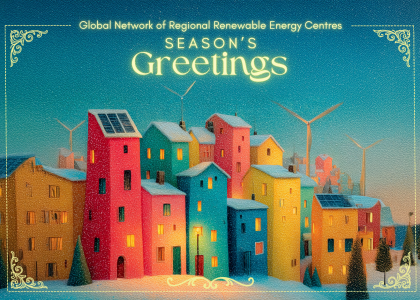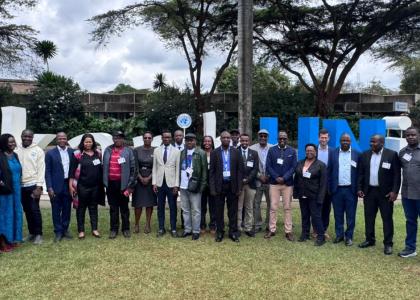The Project Preparation Facility (PPF) continued past its validation period into full operation.
One lesson learned from this undertaking is the undeniable desire of many in the region to embrace the energy transition through project development. Caribbean project proponents continue seeking support to develop sustainable energy projects and are inspired by a myriad of drivers. The transition surely provides business and revenue generating opportunities, social entrepreneurship opportunities, or simply inspires responsibility to the sustainable upkeep of the sole, beautiful earth entrusted to our care. Whatever the impetus for approaching the PPF for support, it has been noted that we must bridge the gaps between brilliant project ideas and viable investment-mature business plans.
The PPF kept true to its promise to support the building of a regional pipeline as we partnered with CARICOM Energy Programme in compiling sustainable energy projects from all 15 CARICOM members states into an aggregated pipeline. The CCREEE PPF therefore supported the hosting of a high-level event through which international development and donor agencies pledged support to this regional pipeline. Encouraging; one would say, to support the work of the PPF, and timely ahead of the 26th Conference of the Parties (COP 26), which is anticipated to bear witness to the intrinsic link between climate change and energy. The presentation of the regional pipeline of projects by technologies and project classes served as a COP 26 teaser, reminding of the dire need for effectively accessing climate financing towards sustainable energy project development.
The construction of the regional project pipeline led to the CCREEE PPF placing focus on micro grid development in member states through the Facility’s public sector window. This dovetails perfectly with the work of CCREEE’s Integrated Resource and Resilience Planning (IRRP) team in developing energy projects that bolster the resilience of our vulnerable Caribbean nations.
The Facility has in the meantime inducted two larger scale private sector solar photovoltaic (PV) projects into its pipeline, which will benefit from provision of technical and advisory services. The projects range from nameplate capacity 1 MW to 5 MW. The PPF remains eager to see the conversion of its support into kilowatts hours generated through clean energy sources across the Caribbean.
In coming months, one should look forward to further development support to specific projects in member states with a cradle to grid approach, capacity building opportunities for project developers and private sector proponents, and useful partnerships toward project-finance match-making.







